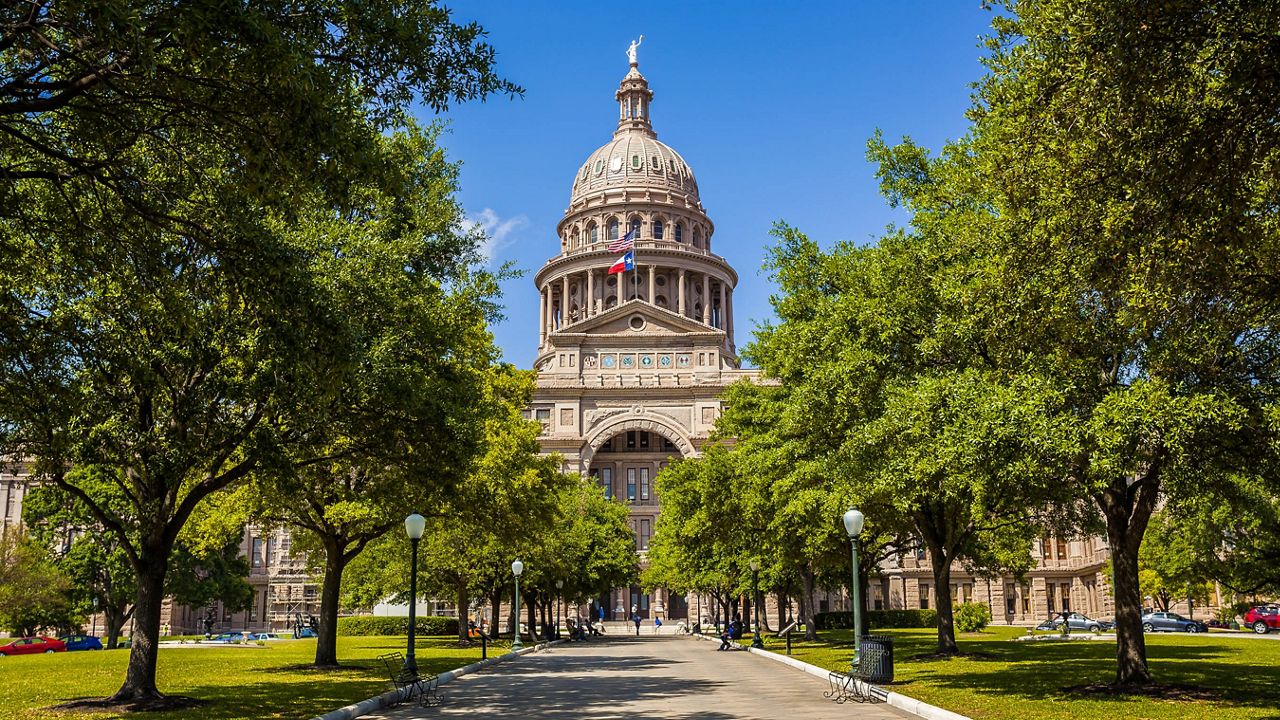AUSTIN, Texas — On January 1 of last year, about 12 new laws went into effect, and those laws arrived on the heels of 820 other new pieces of legislation that became the rules of the land in September 2019. The legislative session that year created a flurry of legal activity.
That’s not the case now since the state legislature only meets every other year, and most of the laws on the “sizzle reel” have already been enacted. Though many hope 2021 will be a year of change, the law books won’t exactly be buckling after the four entries to their pages.
This year’s crop may be small, but the issues will still have real impact. The new laws that go into effect Friday range from closing tax loopholes to revising the criminal code.
Supporters of House Bill 639 say it closes an unfair tax loophole that allows landowners to skirt property taxes by allowing universities to conduct research on their land. The new law requires that land be used as an eco-lab for a period of five of the previous seven years in order to qualify for the tax break. It also makes the qualifications for becoming an eco-lab more uniform.
HB 4173 updates certain provisions of the state’s criminal code, makes existing laws more easily understood, and aligns them with various other previous law changes. According to the language in the legislation, the law “does not expressly grant any additional rule making authority to a state officer, department, agency, or institution.”
Parts of Senate Bill 2 — better known as The Texas Property Tax Reform and Transparency Act of 2019 — kick in Friday. The 148-page bill makes myriad changes to the tax system, most notably, the law requires voter approval before local governments increase their property tax revenue by more than 3.5%. The only provisions that change as of Friday are related to the appraisal and assessment process — mostly procedural tweaks on who can serve on various boards.
New requirements, including that tax rates and other information be posted in an online database, are meant to make the process more transparent and easier for taxpayers to understand. State leaders have said the new law will slow the pace at which property tax bills grow and will update a growth rate set during a period of high inflation.
Only one provision of SB 891 goes into effect Friday. The bill created new courts — and corresponding judge appointments — to ostensibly address the ever-growing caseloads statewide. The bill also created a free online database, a court reporter apprentice program, and a study on judicial workload. That study is due Friday, and the commission that conducted the study — the Texas Commission on Judicial Selection — will be disbanded Saturday.
The law makes January 1 the official birthday of the 456th Judicial District (Guadalupe County). This requires the 456th District Court to give preference to civil cases.
The 466th District (Comal County), the 467th District (Denton County), and the County Court at Law No. 3 of Ellis County are also open for business as of now.
Here is the official summary on the Texas Legislature’s website:
HB 639
Relating to the eligibility of land used as an ecological laboratory for appraisal for ad valorem tax purposes as qualified open-space land.
HB 4173
Relating to the nonsubstantive revision of certain provisions of the Code of Criminal Procedure, including conforming amendments.
SB 2
Relating to ad valorem taxation; authorizing fees.
This Act takes effect January 1, 2020, except Sections 106 and 118 of this Act take effect August 26, 2019; Section 92 of this Act takes effect September 1, 2019; Sections 6.41(b), (b-1), (b-2), (d-9), and (d-10), 6.414(d), 6.425, 41.44(d), 41.45(d), (d-1), (d-2), and (d-3), and 41.66(k) and (k-1), Tax Code, as added or amended by this Act, take effect September 1, 2020; Sections 25.19(b-3) and (b-4), 26.04(d-1), (d-2), (d-3), (e-1), (e-5), and (g), and 26.05(e), Tax Code, as added or amended by this Act, take effect January 1, 2021; and Sections 25.19(b) and (i), Tax Code, as amended by this Act, take effect January 1, 2022.
SB 891
Relating to the operation and administration of and practice in and grants provided by courts in the judicial branch of state government; increasing and imposing fees; creating a criminal offense.
This Act takes effect September 1, 2019, except Section 2.06 takes effect October 1, 2019; Article 10 takes effect June 1, 2020, excluding Section 10.11, which takes effect September 1, 2019; Section 1.04 takes effect October 1, 2020; and Sections 1.05, 1.07, 1.08, 2.02, 2.05, 6.03(b)-(d), and 6.06 take effect January 1, 2021.



